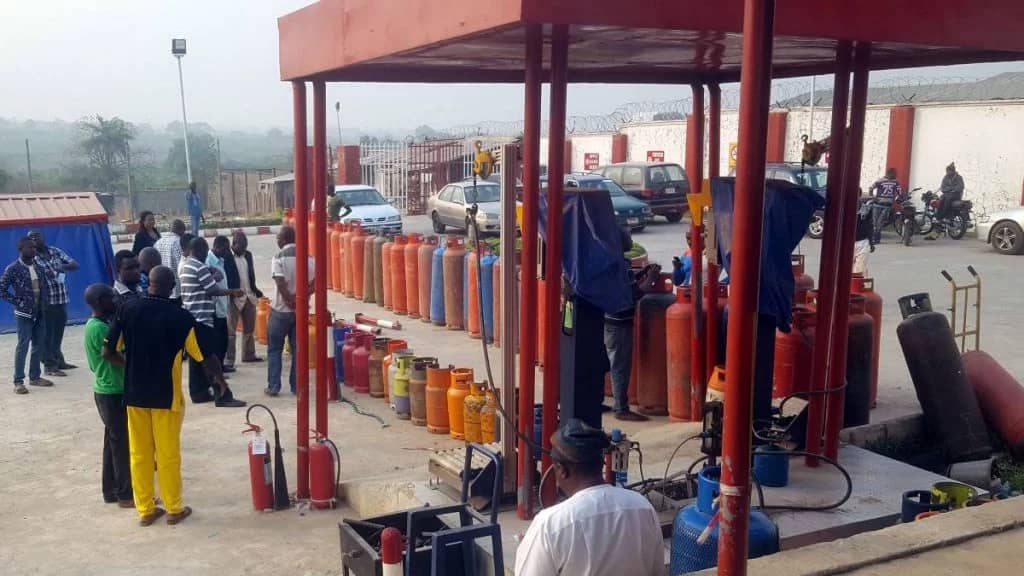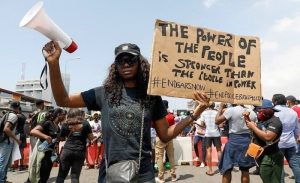Shell Fire Incident at Gbaran Facility Could Trigger Gas Price Hike in Nigeria

The recent fire outbreak at Shell’s Gbaran facility in Bayelsa State has raised concerns about a potential increase in the price of Liquefied Natural Gas (LNG) in Nigeria.
This development follows a surge in the country’s Liquefied Petroleum Gas (LPG) prices, further impacting various sectors reliant on LNG.
The fire incident, which occurred on Tuesday, resulted in explosions and smoke sightings at Shell’s Gbaran facility, a crucial component of Nigeria’s LNG gas feedstock project. This facility processes nearly 2 billion standard cubic feet of gas daily, making it a vital player in the country’s energy sector.
Despite the severity of the incident, Shell has reassured stakeholders that it will not immediately lead to a shutdown of operations at the facility. The company is actively investigating the specifics of the fire and assessing potential impacts on its operations.
In response to the incident, regulatory authorities are closely monitoring the situation to ensure the safety of surrounding communities. Shell issued a statement saying, “We are actively monitoring reports of smoke detected near our Gbaran Central Processing Facility in Bayelsa State…we are in close communication with regulatory authorities to look into the incident.”
This fire incident comes amid recent price hikes in the gas sector in Nigeria. In April, the government increased the commercial wholesale gas price by 11% from $2.50 per Metric Million British Thermal Unit to $2.92/MMBtu. This increase has affected electricity generation companies and other sectors reliant on LNG, resulting in higher operational costs.
The surge in LPG prices has also impacted consumers, with a 46.88% yearly increase reported for a 12.5-kilogram cylinder of cooking gas. Despite government initiatives such as value-added tax waivers for LPG imports, prices remain high.
Commenting on the situation, Barr Ameh Madaki, an Oil and Gas expert, highlighted the interconnectedness of LNG and LPG markets in Nigeria. He suggested that the government consider banning LNG and LPG exports to prioritize domestic consumption and reduce prices.
“Nigeria can not export LNG, yet, it imports LPG. It is strange economics…If the government is serious about reducing the price of LPG, it should ban the export of LNG and LPG,” Madaki emphasized.








